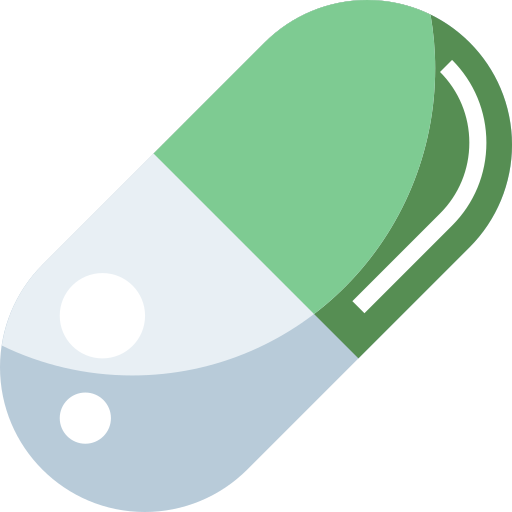
Silodosin
4 mg
Popular Pharmaceuticals Ltd.
Product Details
Description
Silodosin, a selective alpha-1 adrenergic receptor antagonist, is indicated for the treatment of the signs and symptoms of benign prostatic hyperplasia (BPH). Silodosin is not indicated for the treatment of hypertension. Highly effective for the treatment of Benign Prostatic Hyperplasia. Highest uroselectivity to alpha-1 adrenergic receptor. Effective treatment option for BPH who are not responding to Tamsulosin. Dose not cause Orthostatic hypotension. Convenient once-daily dosing.
Patients with severe renal & hepatic impairment, concomitant administration with strong Cytochrome P450 3A4 (CYP3A4) inhibitors (e.g., ketoconazole, clarithromycin, itraconazole, ritonavir) and patients with a history of hypersensitivity to Silodosin.
Most common adverse reactions are retrograde ejaculation, dizziness, diarrhea, orthostatic hypotension, headache, nasopharyngitis and nasal congestion.
Pregnancy Category B. Silodosin is not indicated for use in women. An embryo/fetal study in rabbits showed decreased maternal body weight at 200 mg/kg/day (approximately 13-25 times the maximum recommended human exposure or MRHE of Silodosin via AUC). No statistically significant teratogenicity was observed at this dose. Silodosin was not teratogenic when administered to pregnant rats during organogenesis at 1000 mg/kg/day (estimated to be approximately 20 times the MRHE). No maternal or fetal effects were observed at this dose. Rats and rabbits do not produce glucuronidated Silodosin, which is present in human serum at approximately 4 times the level of circulating Silodosin and which has similar pharmacological activity to Silodosin. No effects on physical or behavioral development of offspring were observed when rats were treated during pregnancy and lactation at up to 300 mg/kg/day.
Postural hypotension with or without symptoms (e.g. dizziness) may develop when beginning Silodosin treatment. Silodosin should not be used in combination with other alpha-blocker. Inform patients planning cataract surgery to notify their ophthalmologist that they are taking Silodosin because of the possibility of Intraoperative Floppy Iris Syndrome (IFIS)
Pediatric patients: Silodosin is not indicated for use in pediatric patients. Geriatric use: In double-blind, placebo-controlled, 12-week clinical studies of Silodosin, 259 (55.6%) were under 65 years of age, 207 (44.4%) patients were 65 years of age and over, while 60 (12.9%) patients were 75 years of age and over. Orthostatic hypotension was reported in 2.3% of Silodosin patients < 65 years of age (1.2% for placebo), 2.9% of Silodosin patients > 65 years of age (1.9% for placebo), and 5.0% of patients > 75 years of age (0% for placebo). There were otherwise no significant differences in safety or effectiveness between older and younger patients. Renal impairment: Silodosin is contra-indicated in patients with severe renal impairment (CCr <30 mL/min). In patients with moderate renal impairment (CCr 30-50 mL/min), the dose should be reduced to Silodosin 4 mg once daily taken with a meal. No dosage adjustment is needed in patients with mild renal impairment (CCr 50-80 mL/min). Hepatic impairment: Silodosin has not been studied in patients with severe hepatic impairment (Child-Pugh score >10) and is therefore contra-indicated in these patients. No dosage adjustment is needed in patients with mild or moderate hepatic impairment.
Silodosin was evaluated at doses of up to 48 mg/day in healthy male subjects. The dose-limiting adverse event was postural hypotension. Should overdose of Silodosin lead to hypotension, support of the cardiovascular system is of first importance. Restoration of blood pressure and normalization of heart rate may be accomplished by maintaining the patient in the supine position. If this measure is inadequate, administration of intravenous fluid should be considered. If necessary, vasopressors could be used, and renal function should be monitored and supported as needed. Dialysis is unlikely to be of significant benefit since Silodosin is highly (97%) protein bound.
BPH/ Urinary retention/ Urinary incontinence
-
Support 24/7
Call us anytime -
100% Safety
Only secure payments